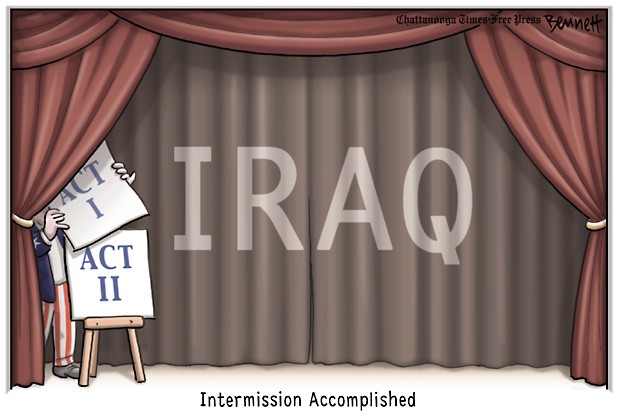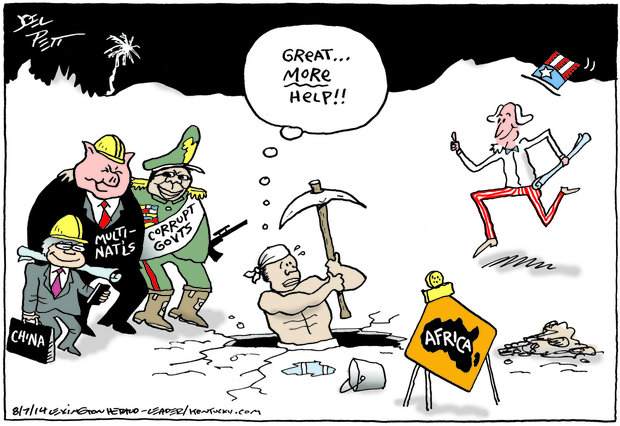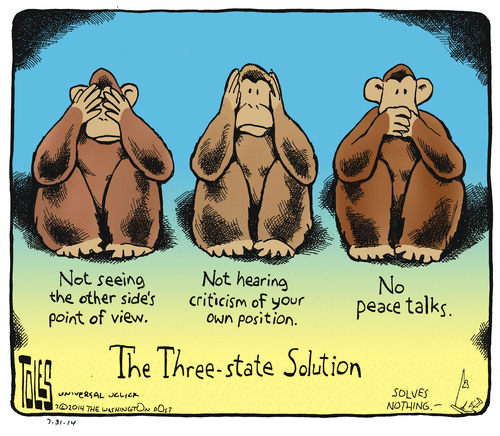Forty years ago on August 9, 1974, Richard Nixon resigned in disgrace rather than face Impeachment. Millions of words have been written about his crimes and misdemeanors. Some efforts at rehabilitation of his image occurred over the last week.
One thing we shouldn’t forget is that Nixon took us off the gold standard.
When Nixon entered office in 1969, America had been part of the international monetary system known as Bretton Woods since the end of World War II. Bretton Woods committed the US to backing every dollar overseas with gold. Thus, foreign countries had the right to exchange their dollars at the rate of $35 per ounce. All other currencies were fixed to the dollar, and the dollar was pegged to gold.
Nixon appointed Arthur Burns as Chairman of the Federal Reserve in 1970, with instructions to ensure easy access to credit since Nixon was going to run for reelection in 1972, and wanted a growing economy to help his case. Bloomberg Business Week says he gave Burns some blunt instructions: “You see to it, no recession”.
Despite Nixon’s instructions to Burns, the US went into recession in 1970, triggering a rise in unemployment to 6% (imagine that!), which was the highest level since the Korean War. The recession should have curbed inflation, but it didn’t. Burns was stumped. Business Week quotes Burns’ diary:
What the boys around the White House fail to see…is that the country now faces an entirely new problem—sizable inflation in the midst of recession…The rules of economics are not working the way they used to. Prices were going up even when factories stood idle—a seeming refutation of the economic rules.
Despite growing inflation, Nixon pressured Burns to further loosen monetary policy, driving even more inflation. Domestic inflation was mirrored overseas. Foreign governments bought dollars to continue their growing exports to the US, leaving their central banks filled with greenbacks. Meanwhile, America’s gold holdings dwindled to $10 billion, about half its 1960 level.
The gold standard now existed in name only, since foreign banks held far more dollars than the US held in gold at $35/ounce. This left the US dollar vulnerable to a run.
In 1971, Nixon appointed John Connally as Treasury Secretary. Connally asked the White House financial team for options to control inflation and solve the possible run on the dollar, while keeping the domestic economy growing. Burns wanted price controls; he also thought the US should devalue the dollar against gold (that is, raise the gold price above $35). Undersecretary for Monetary Affairs Paul Volcker believed this would be ineffectual, as other countries would simply devalue their currencies by the same percentage. Volcker thought the US should temporarily halt gold-dollar convertibility.
On August 12, 1971 Britain demanded that the US guarantee $750 million. The next day, Nixon summoned his advisers to Camp David to agree on a plan. The plan had two essential points. First, America would stop converting dollars to gold. Second, to combat inflation, US wages and prices would be frozen for 90 days.
On August 15, 1971 Nixon announced the plan that unilaterally terminated convertibility of the US dollar to gold, effectively bringing the 25-year Bretton Woods system to an end. This was called the “Nixon Shock”. The gold standard was abandoned, and the previously fixed exchange rates of the world’s major currencies began to float.
Many conservatives argue that we should return to a gold standard. Would that help or hinder the world economy?
A terrific economic history of the Great Depression is the 2010 Pulitzer Prize-winning “Lords of Finance: The Bankers Who Broke the World” by Liaquat Ahamed. Ahamed says that the gold standard was the principal cause of the depression. His thesis is that tying the amount of currency a country has in circulation to the amount of gold it holds becomes a strait jacket. The problem is that if you have a gold standard, your money supply is fixed by the amount of gold available. When economic activity exceeds the value of a country’s gold holdings, trade and economic growth are stifled, or you devalue your gold, causing inflation.
Of course, because of Bretton Woods, you couldn’t devalue your gold. So Nixon, an economic conservative, took two unthinkable steps in order to get re-elected. He implemented wage and price controls, and ended the dollar’s convertibility into gold.
Taking the world off the gold standard has facilitated the unprecedented economic growth of the past 40 years, since trade has grown much faster than the growth in world’s physical stock of gold.
Nixon’s price controls didn’t do much. The Consumer Price Index rose 4.4% percent in 1971, and 3.1% in 1972. When the controls were phased out in 1973, inflation rose to 6.2%. It was a shocking 11% in 1974.
So, as in all things Nixonian, there was a little good along with a lottta bad.
When Nixon said the words “I will therefore resign”, it felt to the Wrongologist that years of anti-war protesting had come to fruition. Ford, our first appointed President, then promptly pardons Nixon, and the merriment was stopped dead in its tracks.














